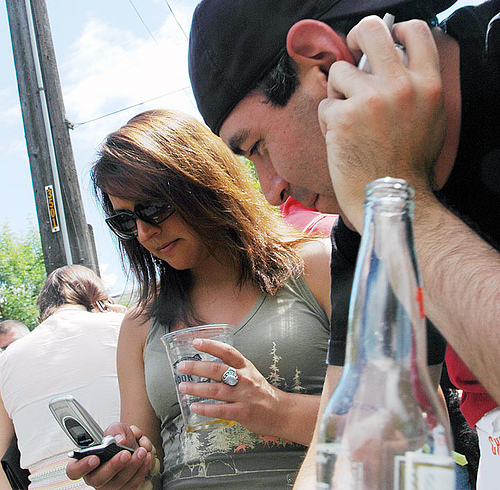Sometimes, people see counselling as a last resort. Something that is to be tried after everything else has been tried (and failed) … to fix someone else.
I want to make an appointment for my husband.
I think my friend needs counselling, will you see her?
Can we send our sister and her boyfriend?
My husband and I want to send our son for counselling.
My mother is upsetting the family, will you see her for counselling?
Counselling is a form of therapy that is private & confidential. It can help people address personal problems (and problems within relationships):
- It can help address ways of thinking (such as a cognitive-behavioural approach (CBA)) so that the person can be less restrained by their thoughts.
- It can help address issues from the past (such as a psychodynamic approach) so that the person can be free of past bad experiences.
- It can help address relationships (such as a systemic approach) so that a couple are less restricted by the same patterns of relating over and over again.
But… counselling is a personal resource, a form of assistance, a help. You are an equal-participant in counselling; counselling is not something that is done to you.
On This Page...
Counselling is not done to someone.
– and counselling does not “fix” someone for someone else’s benefit.
- Counselling is a collaboration that you (and your partner if couples counselling) willingly take part in along with the counsellor; it is a therapeutic and professional relationship.
- Counselling cannot be something you send someone to (even if all else has failed) with the hope that the someone will be cured/fixed/made-acceptable-to-you once the counsellor has “dealt” with them.
- A person – or both partners in a couple-relationship – has/have decide for himself/herself/themselves if he/she/they want to participate in the counselling process for himself/herself/themselves.
… and sometimes a person does not want to change, no matter how unacceptable someone else may consider this. Being sent to counselling won’t do any good if the person has no interest in changing something.
Counselling and Couple Relationships.
Sometimes a couple comes into counselling and one (or both) partners spend a lot of time and emotion telling me how the other partner is the problem. They will point out all the problems with what their partner does and says. They will imply – or even say quite clearly – that I (as the counsellor) should be fixing the partner (implication: so that the complaining partner is no longer upset).
The couple counsellor focuses on the relationship – not he individuals. As they say, “it takes Two to Tango”, so it also takes two to make a problem. Although the complaining partner may feel as though they are not part of the problem(s), a systemic point of view would be to consider that both partners are contributing to the problem(s) existing. The couple counsellor will help the couple to discover how their relationship is contributing to – and keeping alive – the problems, and will help the couple … both partners … to perturb their relating behaviour enough to invite changes to happen … checking that this is what the couple wants.
In this example – you may notice that the idea of one partner sending the other partner to be ‘fixed’ may not be a very good solution to a relationship problem.
(For more information on couple counselling, use the Counselling Menu at the top of the page…)
Hoping to send someone to counselling.
So, when someone contacts me asking:
“…can we send so-and-so because they need counselling…?”
my response will be of the form:
“The person [or couple] is very welcome to make contact with me themselves and we can discuss matters”.
Clearly, there may sometimes be circumstances when a person cannot contact me on their own (phobia against using the telephone or email etc.), and we can be creative in this respect. Perhaps using a third party for communication where appropriate. However, the same guidelines apply: if a person or couple have not decided to come to counselling themselves, there is nothing I can do to see someone on behalf of another person’s needs.
Alternatively, maybe you might like to come and meet with me on your own to discuss with me how you might find some support in your struggles to manage with someone else’s problem.

